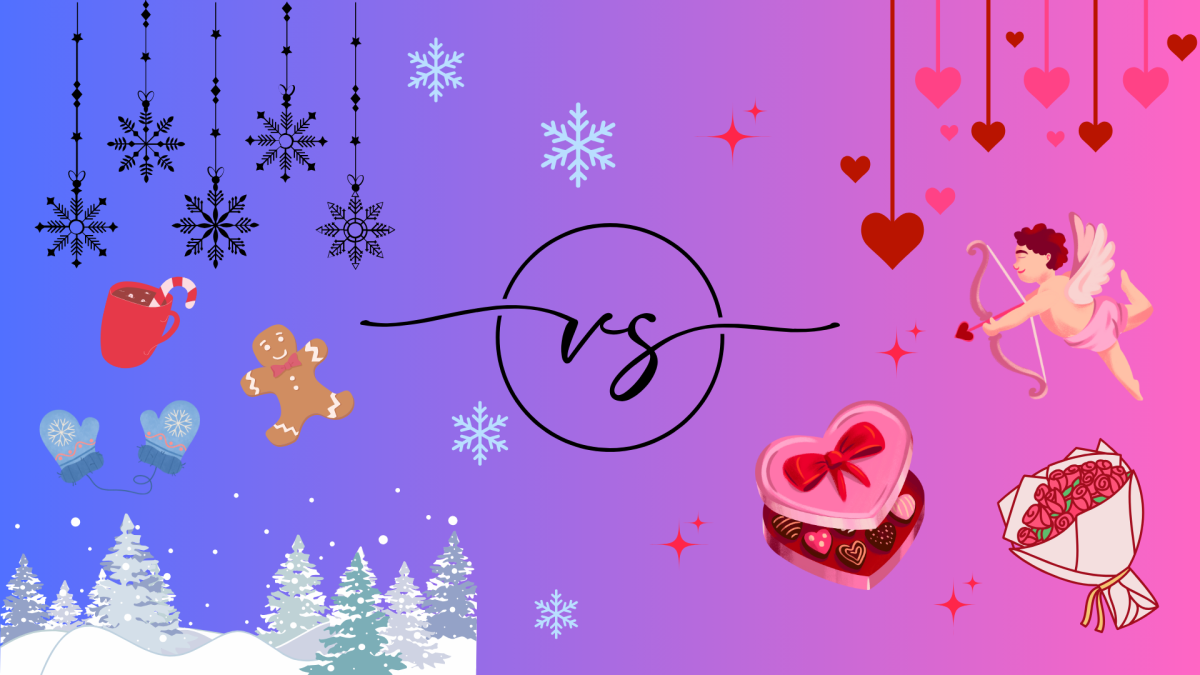The Internet has given people the power to craft their own identities. Through pictures, posts, tweets, blogs, and other personal accounts, the world has essentially created an alternative life on the web; one which can be both deceiving and represent a completely modified version of one’s true self.
When there are so many tools for alteration and improvement available, it becomes nearly impossible to provide an accurate depiction of oneself on the Internet. “You can delete anything you don’t want. If you control what you’re putting up, then it can’t really represent who you are; it’s representing who you want to be seen as,” said senior Sarah Silvestri.
And many people take advantage of these tools, especially the younger generations. “Some people choose to have their identities reflect who they are, while others pretend to be something they aren’t,” said freshman Shelby Erickson.
In fact, at times, it can seem as if most users on social networking sites seek only to win approval from their peers. “[People] put up really edited pictures, and when they make a Facebook status, you can tell that some statuses are just made to get a bunch of likes trying to be funny,” said Silvestri.
This need to be recognized and praised on the Internet has been building up throughout the years, eventually reaching a point that this cyber identity becomes very much a part of oneself—a part that can be judged, assessed, and scrutinized. “If you meet someone for the first time, one of the first things most people do is friend them on Facebook to see what they’re like. People are almost always immediately judged by what they have on their Facebook or Twitter,” said sophomore Liz Nicholson.
Due to technology today, people can “get to know” others on the Internet; so much so that at times it can overshadow actual face-to-face relationships. “There’s been people that I’ve felt like I’ve known who they are for years and realized I’ve never even met them in person. I see them once and I’m like, ‘wow is that really the first time I’ve ever seen that person?’” said Silvestri.
But some people take this concept a step further than the rest, using the Internet to judge people through an alter ego or anonymous profile (something BSM is no stranger to). “There’s Sarah Secretive, Redknightprobs, BSMgirlprob, awkwardBSM,” said senior Cat Kernan.
By many students’ standards, these accounts only do harm—pointless and ridiculous fake identities that in some instances even border cyber bullying. “It’s not just a bad site, it’s a site that makes fun of people and posts stupid things about a group or an individual that is hurtful. Those kinds of sites ruin peoples lives, so I think that anonymous sites are stupid and pointless,” said sophomore Angela Charley.
Yet others are not as critical of the sites, finding them as a source of amusement and enjoyment. “I thought they were super entertaining, but if I was posted about, I can see how people would get upset about it. I love Redknightproblems. They’re true. And Sarah Secretive was entertaining, but I wouldn’t want to show up on one of their posts,” said Kernan.
But whether good or bad, these profiles all have one thing in common: hiding behind a fake identity in order to relay news or spread rumors and gossip. “People won’t say stuff to your face, but they’ll text you or say it over Facebook,” said senior Alex Leiter.
Living on the Internet has become a completely new form of existence. Through the Web, people can create not only fake identities but can even manufacture artificial life. “There’s already websites that are just like surreal lives, and people spend their whole life in there. You can literally do everything on it that you can do in real life, but people aren’t comfortable with who they are so they go onto the Internet to do it. You can be anyone on the Internet. Everyone says that, but it’s actually true,” said Silvestri.










































